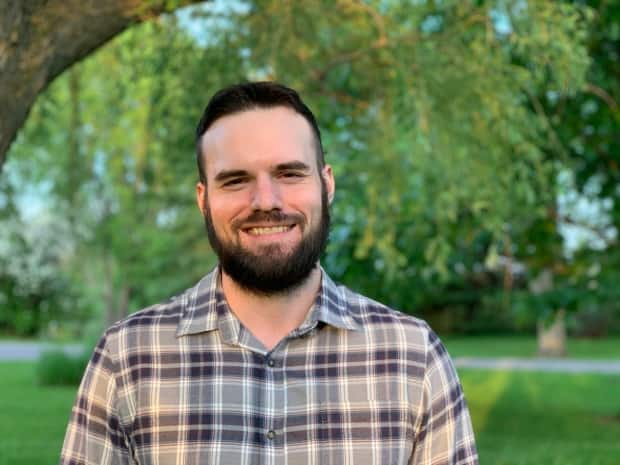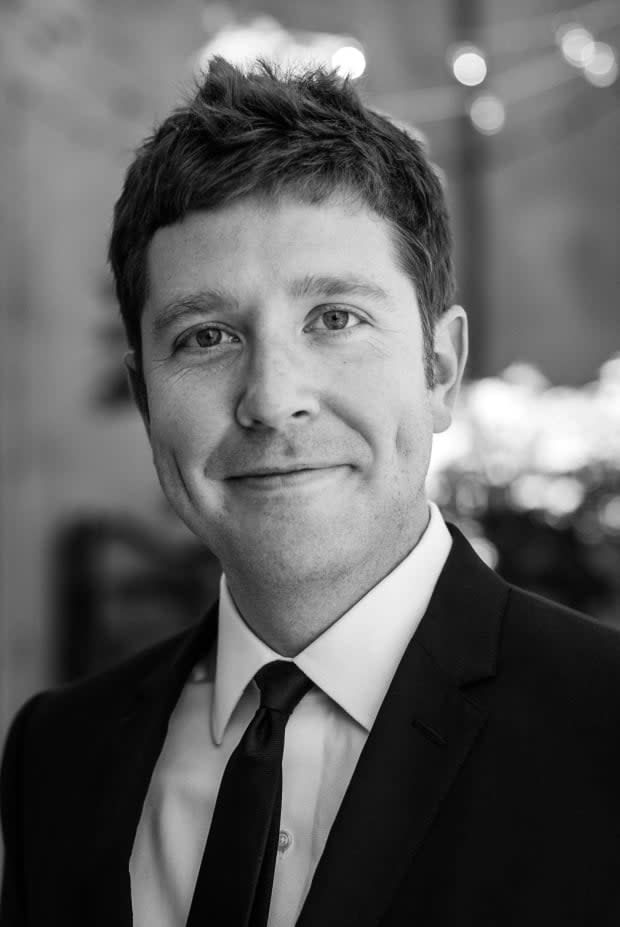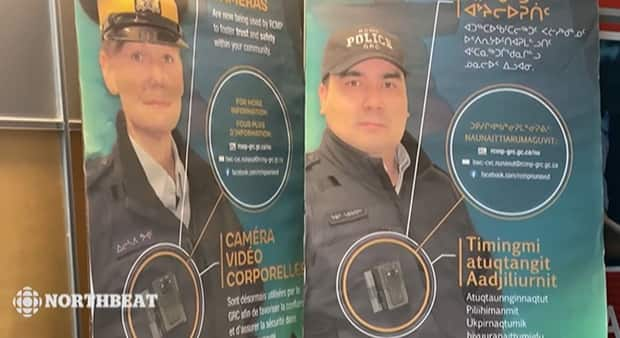Will body cams work as police say they're supposed to? Experts weigh in
Police body cameras hit the streets of Iqaluit on Monday as part of the RCMP's national pilot project.
The Nunavut roll out starts with two officers per shift wearing body cameras, which officers will have the ability to turn on and off.
By mid-January, four officers per shift will be equipped with the cameras, and by mid February all six officers per shift.
Northern Affairs Minister Dan Vandal announced the project in October after a year of intense police scrutiny across the country.
"It's completely unacceptable for Inuit and their families to be suffering at the hands of police at the level that they are," Vandal told CBC News in reaction to the high rates of police-related deaths in Nunavut.
"That needs to stop."
But the debate on what benefits the cameras may offer is far from over, according to experts.
CBC News asked experts to weigh in on the main benefits claimed by police — greater accountability and transparency and an increase in trust between police and communities. The experts flagged major concerns and holes in the RCMP's approach but also expressed cautious optimism.
With a lack of scientific data and controlled experiments in Canada, including by the RCMP, academic Erick Laming told CBC News he worries about what the Mounties' intentions are with the pilot project.
Public may never see critical footage
"The main reason for the project seems to be the emotional environment we're living in right now," said Laming, a PhD Candidate at the University of Toronto from the Shabot Obaadjiwan First Nation in Ontario.
Politicians appear to be reacting to that environment by offering a solution that is not tested or thought out, he added.
For example, a crucial issue is deciding what video footage will be released to the public and when, Laming said.

The RCMP currently do not have any policies to specifically govern the release of body cam footage. The only way to make the release of that footage truly independent is to have a third-party agency, outside of the RCMP, decide what to release, said Laming.
"Is it really increasing transparency? Because some of this footage may never see the light of day. It really depends what policies are in place," he said.
Body cams were first introduced in England in 2005 as a way to collect better evidence, Laming said.
They have since been used by police to justify their own behaviour in volatile situations, he said.
"That's a valid argument. But in terms of whether it's going to improve accountability or transparency, there's no evidence in Canada that [body cams] have done that," he added.
Body cams won't prevent shootings: American law professor
In communities that have been historically over-policed, video footage used to justify police's behaviour can perpetuate the problem of being over-policed, Adam Benfoardo, an American law professor in Philadelphia told CBC News.
"When we have footage, it may simply, in the eyes of the public, say, well, actually, the police officers were right — these people are dangerous," Benforado said from Drexel University.

Controlled studies of body cams in the US have resulted in inconclusive findings, he added.
But one thing seems clear — the cameras have not reduced the rate of police shootings of brown and black people in the US, Benforado said.
The day before CBC spoke with him, Benforado said a 27-year-old black man was shot by police two blocks from his home in downtown Philadelphia.
Police officers involved in the shooting wore body cams at the time, and citizens filmed the incident on cell phones, said Benforado.
That didn't prevent the shooting, he said.
"Why? Because the thing that mattered the most, which is that the 27-year-old man was having a mental health crisis, is probably not the cameras. It's probably race. It's probably training that officers have and the lack of training in addressing people who are having mental health crises," said Benforado.
Video evidence crucial in criminal investigations

But video camera evidence is crucial in order to conduct investigations of police shootings after the fact, Ian Scott, former director of Ontario's Special Investigations Unit, told CBC News.
Scott charged the officer who shot Sammy Yatim on a Toronto streetcar in 2013 with murder.
"I could not have laid that charge without the compelling video evidence. So that's led me to the conclusion that body worn cameras would be extremely helpful in doing those kinds of investigations," Scott said.
Scott did not have body cam footage in that case — but mostly footage from CCTV cameras on the streetcar.
He said any video evidence in such investigations can be crucial.
This benefit of body cams is difficult to quantify in a price analysis but justified when investigations of fatal shootings lead to justice, Scott said.
"If we can have more thorough reviews with better evidence, then I think the long-term outcomes will lead to the community having greater sense of trust in their police," he said.


